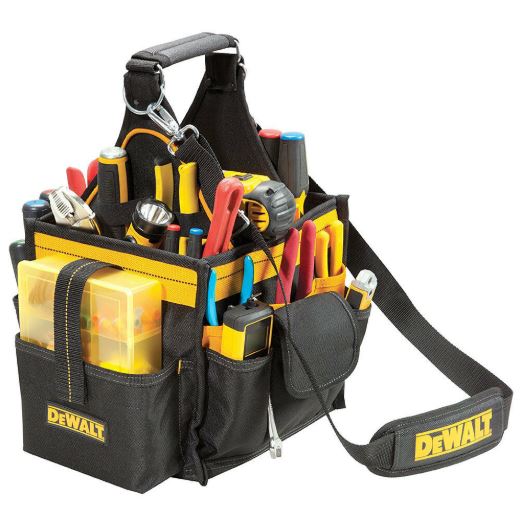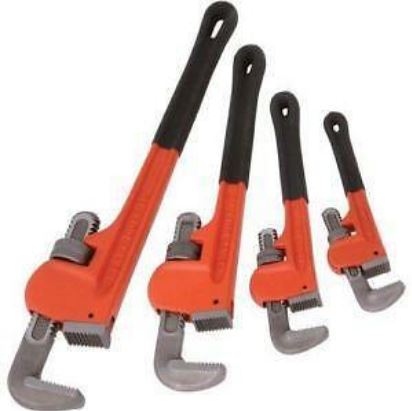Many professions could benefit from the “Transition-Sale” Model
While hard-baked into some professions, such as the dental industry, unfortunately in many professions it is not.
Should it make a difference whether your career path was through medical or dental school, instead of a vocational school? Not to the person looking to move into a successful business. Once the “young"* person coming into the practice has met the barriers of entry into the profession, they are faced with ramping up their clientele as quickly as possible. Yet they are faced with being the “Unknown” in the community. Buying an existing practice from an established owner can be a perfect way to migrate into an existing customer base while learning the business-side as an apprentice.
What businesses are appropriate for a Transition-Sale? The main feature to look for is client or customer loyalty. In other words, predictable, repeat and regular business from the same customers. An occasional, sporadic sale to a customer is more appropriate for a traditional sale of the business. With a Transition-Sale, the Owner of the existing practice will “hold the hand” of the Buyer as they introduce the Buyer to the existing clientele over a period of time. This allows the clients or patients to become comfortable with the new/future owner, while the incoming owner learns the business side of the profession.
Regarding the real estate component of the practice, if leased by the business seller, the lease will need to be revised to eventually replace the present owner with the incoming buyer. This will require approval of the Landlord, but must be considered in order to remove the Seller from liability; both financial and legal.
If the real estate component of the practice is owned by the business seller, the place of business operations can be included with the sale of the practice. This is very common, but does place an expensive burden on the incoming business buyer.
Another option is for the outgoing seller to retain ownership of the business real estate and then lease the property to the incoming buyer. This can significantly reduce the financial burden to the buyer, and can be negotiated at the time of negotiating the entire business purchase. Therefore, it can be comfortable and agreeable to both parties.
A Sale-Leaseback can be coupled with a Transition-Sale. If the Outgoing Owner foresees their eventual retirement a few years ahead, a smart move could be to implement a “Sale-Leaseback” of their business real estate and negotiate the right to be replaced by a future Buyer of their business. Then upon completion of the “Transition-Sale”, the Seller is no longer responsible for the business real estate. This model also relieves the Buyer of the business from having the burden of owning and maintaining the real estate (depending on the terms of the lease). Click here for an overview on the Sale-Leaseback process.
A word about “Sale of Assets” vs. Selling a “Business”; generally, the assets of an ongoing business are the tangible, physical assets of a business, such as tools, furniture, and other equipment used in the business operations. These can generally be itemized and priced against what their replacement cost would be if lost or destroyed.
The value of an ongoing Business is a bit more challenging, and generally will not be considered a tangible asset. It involves the ongoing revenue stream, the “Goodwill” of the present business, and often a multiplier for the specific type of business. Think of it more from the Buyer’s perspective; “How comfortable am I that I will continue receiving a similar income from this business after the present owner is gone?” For pointers on this, visit our Business Brokerage page.









